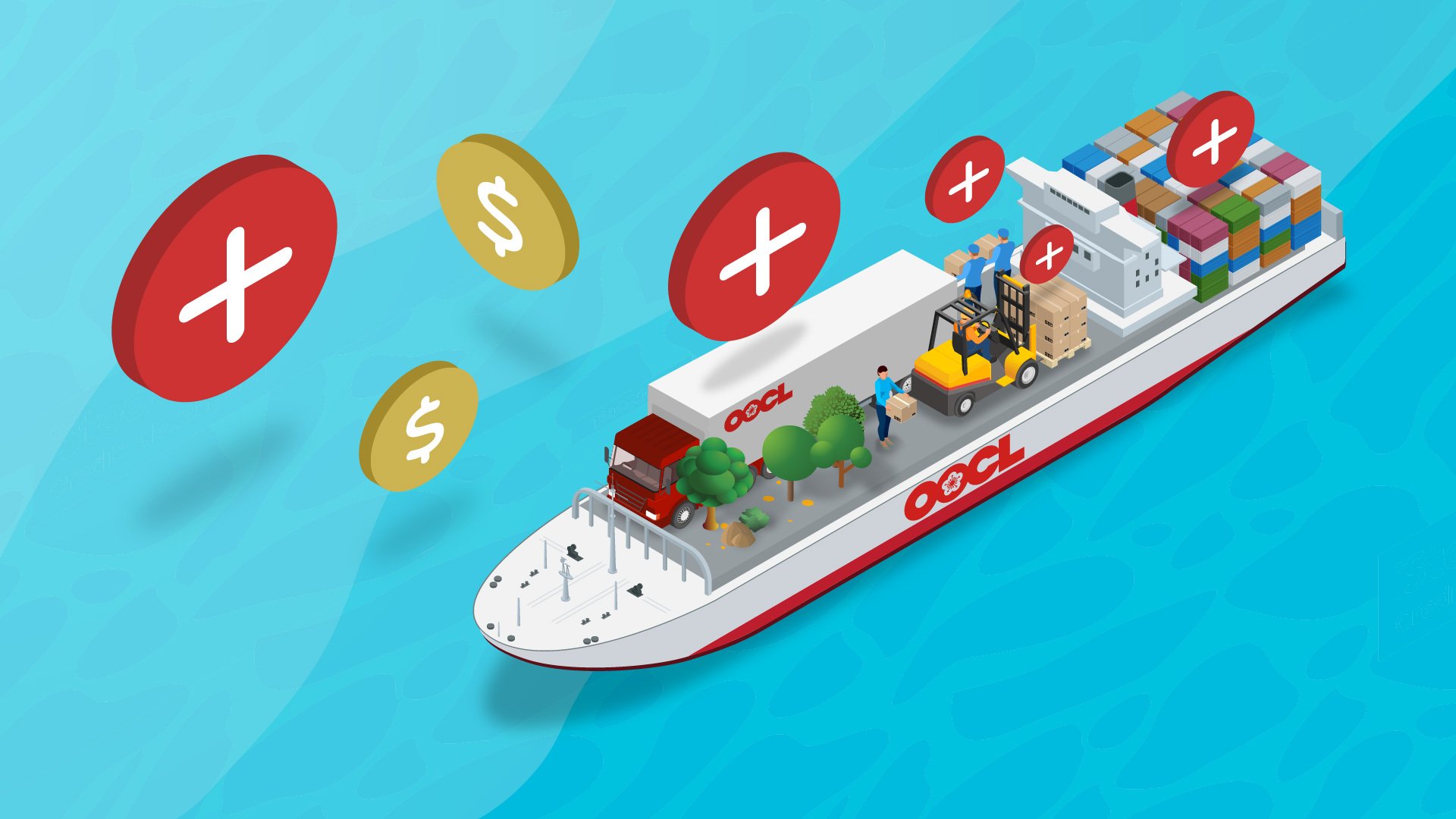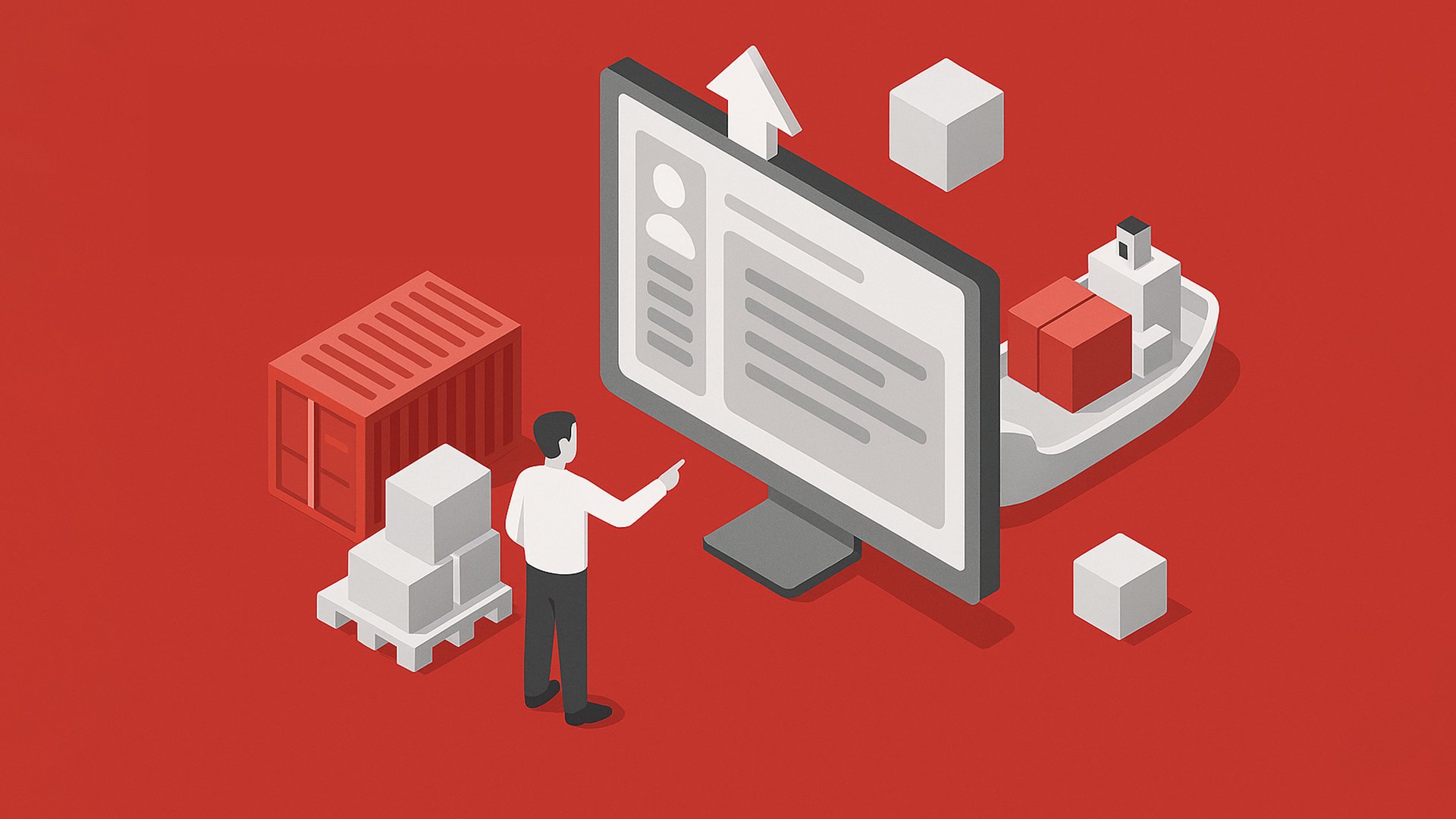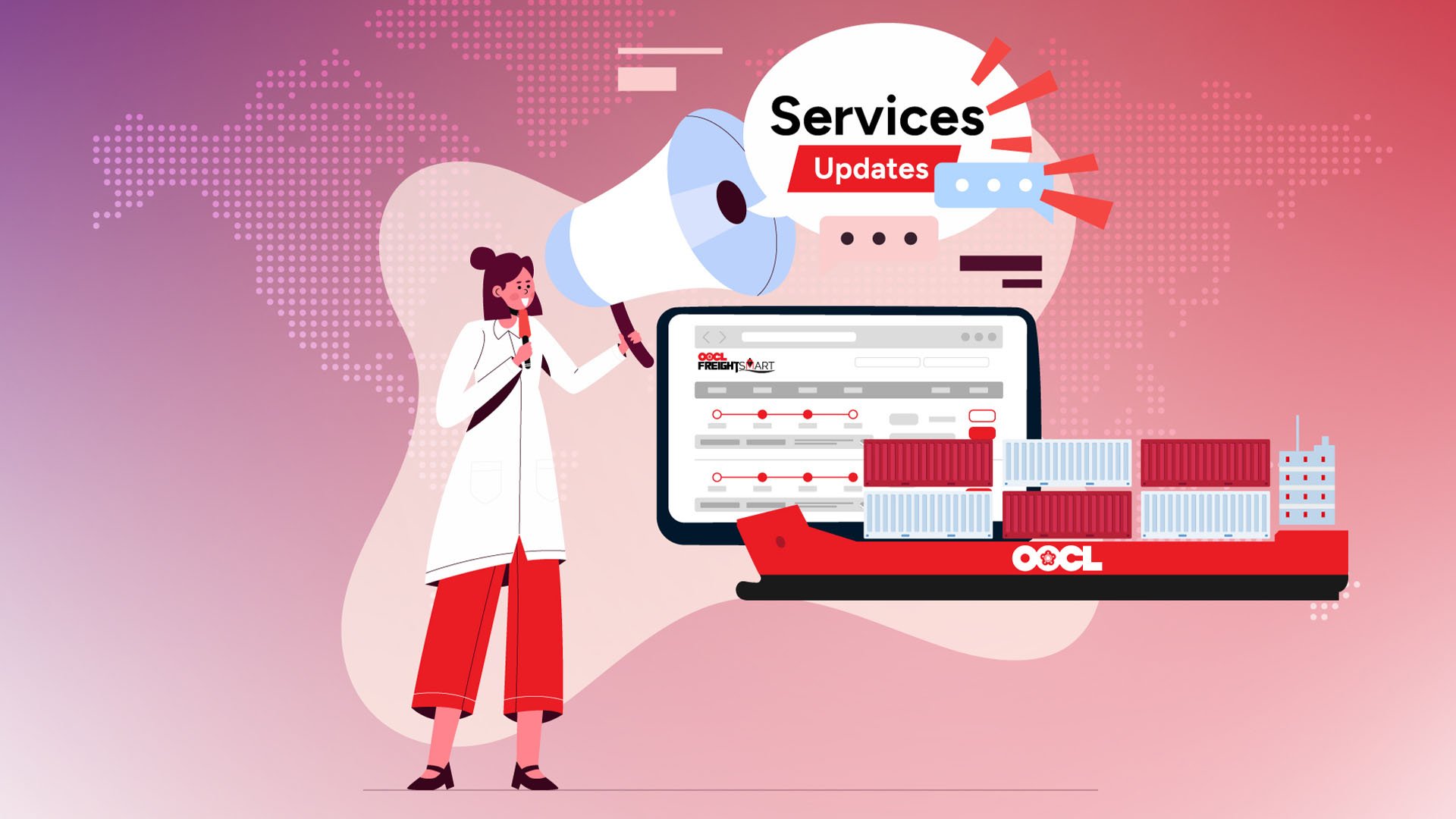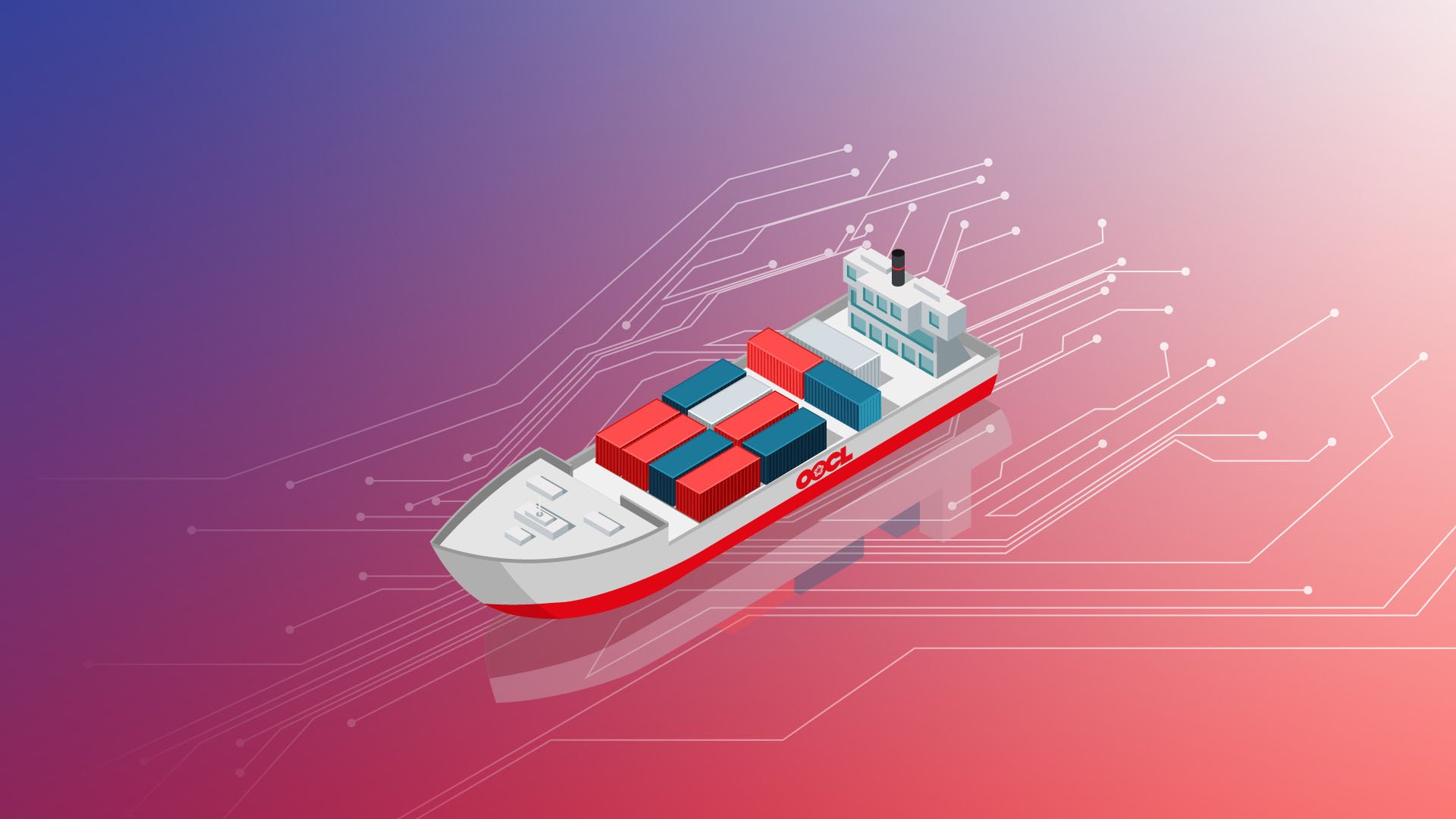The shipping industry, like many others, is undergoing a major transformation thanks to the advent of big data and artificial intelligence (AI). These technologies are not only driving digitalization of the industry but also revolutionizing the way supply chains operate, leading to increased efficiency and improved customer experiences. As one of the oldest and most traditional industries, the maritime industry is now able to employ data and technology instead of intuition to make better-informed decisions. With the continued advancement of these technologies, the industry is expected to see even more improvements in the future by transforming terabytes of data into actionable insights.
Predictive Analysis: Leveraging AI to Strengthen Supply Chain Resilience
One of the most significant ways in which big data and AI are transforming supply chains is by allowing companies to predict demand and mitigate potential disruptions. Data nowadays has become one of the most valuable assets to any firm. By analyzing data on past disruptions and observing patterns across different seasons, product segments and geographies, companies can avoid potential issues and volatility caused by unexpected events, allowing them to proactively mitigate risks by taking preventive measures to ensure the continuity of their operations. Such analysis plays a crucial role in ensuring the seamless flow of goods and services. This allows businesses to make informed decisions and take prompt remedial measures such as route re-optimization to mitigate any potential disruptions.
At OOCL, we have been improving our supply chain resilience through the use of big data and AI for traffic disruption detection. By combining the visibility of our global vessel network with the identification of terminal congestion situations, we are able to provide the optimal recovery solution to minimize the impact of disruptions on our customers.
Optimizing Container Equipment Management
Container equipment optimization, another area where these advanced technologies are having a significant impact on supply chains, has become increasingly important in recent years, as thriving demand for goods and services worldwide has led to periodic scarcity of containers. Companies are using AI-powered predictive analytics to optimize the utilization of their container equipment, reducing downtime and maximizing efficiency.
OOCL is enhancing our abilities in this area to optimize the utilization of our equipment inventory and automate empty container repositioning decisions, as well as container damage detection and repair approval. This has enabled us to speed up the flow of equipment and mitigate the empty container shortage.
Improving the Customer Experience
Enhanced efficiency and visibility of shipping company operations bring customers more reliable and timely deliveries. Beyond this direct impact, companies are gathering and analyzing data on customer preferences and behaviour, allowing them to tailor their offerings more closely to customer needs, improving the overall customer experience. This not only enhances customer satisfaction but also leads to increased brand loyalty and revenue growth.
At OOCL, “customer focus” has always been one of our core values, driving us to continually advance our technologies and innovate. This enables our customers to benefit from smoother operations, reduced risk of delays, and improved container availability. Those who use our FreightSmart platform can enjoy a more accurate picture of the potential impact of disruptions and take corrective actions where necessary.
We are constantly making data-driven improvements to our FreightSmart chatbot. We continuously enhance its algorithm by learning what questions are commonly asked. Understanding what information users are looking for enables us to provide more precise answers and create a more seamless experience for them.
The Future Is in the Clouds
Cloud computing is a “computing on demand” technology model whereby computing services are delivered over the internet, giving users convenient access to scalable computing power and massive storage capacity without the need to invest heavily in their own infrastructure such as servers or data centres. This flexible and economic framework is shaping the future of logistics by affordably enabling companies to analyze and make use of vast amounts of data. Companies can now easily access real-time data from across their operations, giving them a more holistic view of the supply chain from end to end, then use AI-powered predictive analytics to make informed decisions quickly and improve their operations.
Companies are also using cloud computing to analyze their operations and identify areas where they can reduce their environmental impact. By optimizing routes and shipping schedules, they can reduce emissions and minimize waste. Moreover, cloud computing allows for closer collaboration with supply chain partners by facilitating two-way information exchange in near real-time.
As we have seen above, Big Data and AI are revolutionizing the supply chain industry in various ways, leading to increased efficiency, improved customer experiences, and more sustainable operations. The use of these technologies is allowing companies to stay ahead of the competition, ensure supply chain resilience, and maximize profits. As technology continues to advance, it is clear that the role of Big Data and AI in the supply chain will only become more crucial – and we at OOCL expect to remain at the forefront of these advances.








